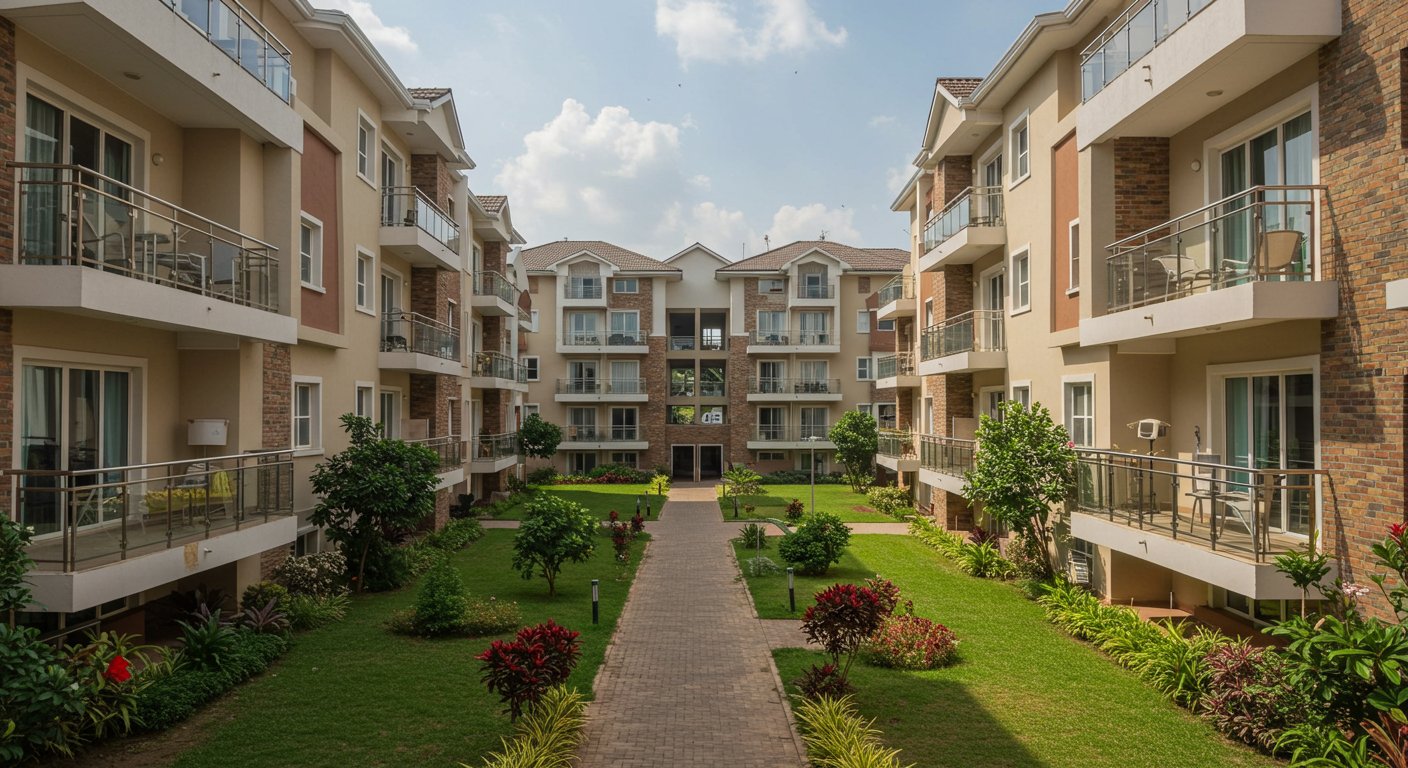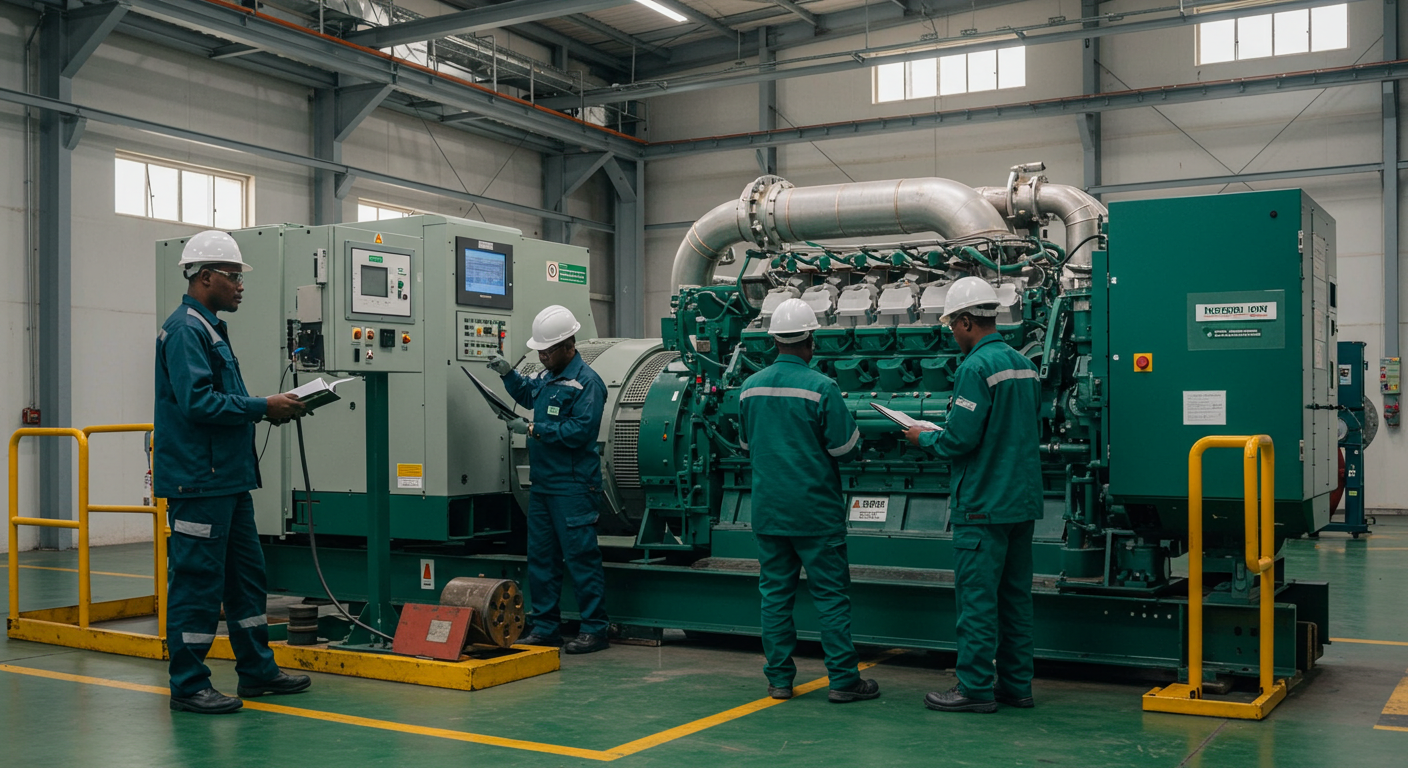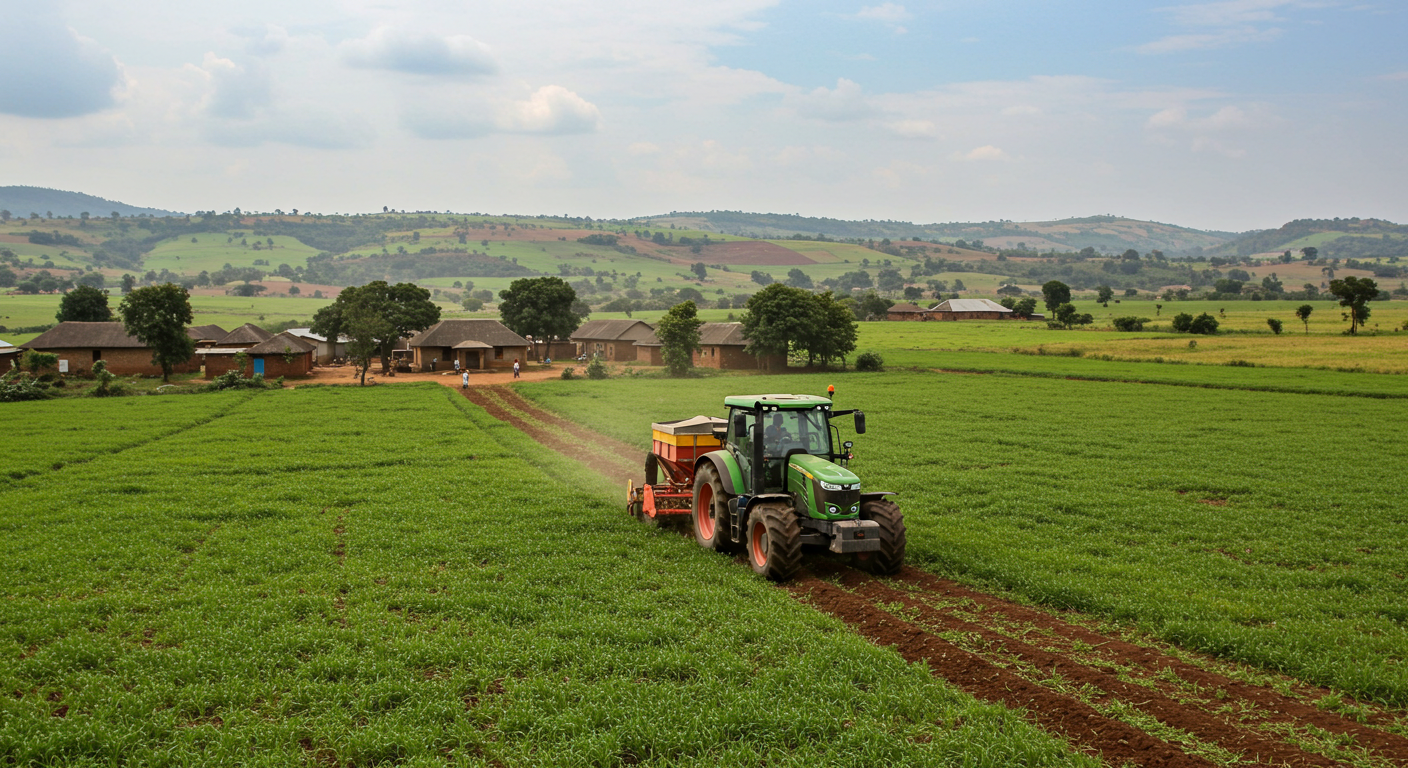We are a conglomerate with substantial investments in Real Estate, Hospitality, Equipment Leasing, Agriculture & Agribusiness, Construction and Manufacturing, Financial Services, Digital Technology, and Oil & Gas. OICL has also identified and is exploring opportunities in other key sectors such as Energy, Logistics, Health Care, and Mining.
We are entrusted with delivering sustainable returns to our stakeholders enhancing the legacy for future generations through qualitative and strategic management of its investments.
Odu’a Investment Company Limited operates in the following sectors.





